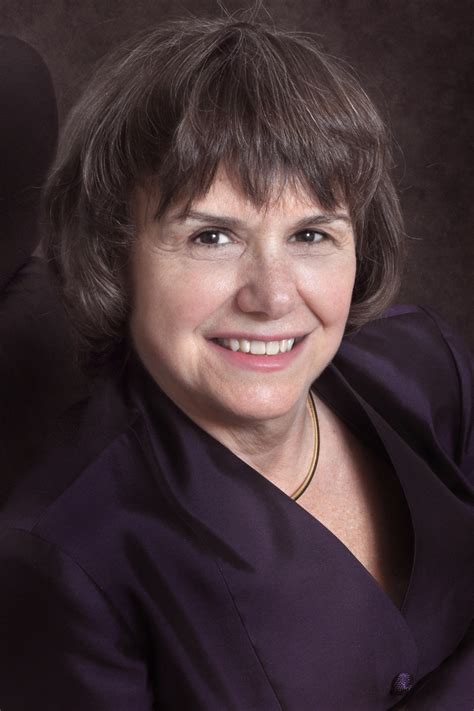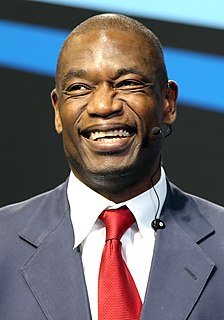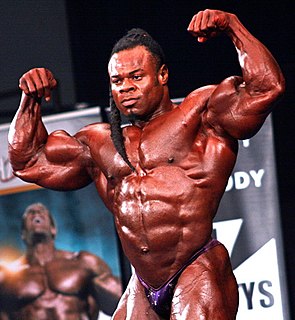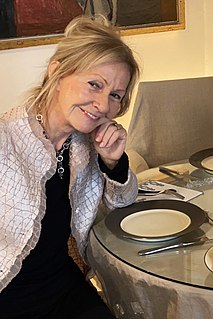A Quote by Catherine Bertini
At the World Food Programme we have recognized what a valuable tool food aid can be in changing behaviour. In so many poorer countries food is money, food is power.
Related Quotes
If there was ever a food that had politics behind it, it is soul food. Soul food became a symbol of the black power movement in the late 1960s. Chef Marcus Samuelsson, with his soul food restaurant Red Rooster in Harlem, is very clear about what soul food represents. It is a food of memory, a food of labor.
I spend so much money on food, just getting the food for me is a tremendous expense, so there's no way I could even think about paying for supplements. I think of all supplements as food derivative anyway, so If I can only choose between getting the food or the supplements I'd rather opt for the food.

































